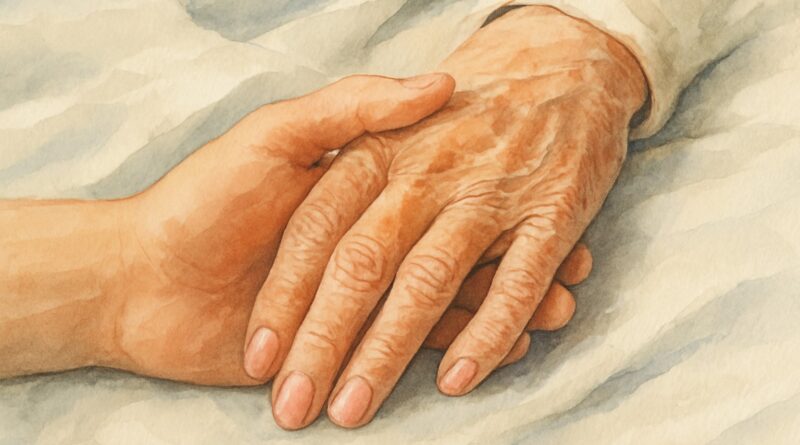Stoic Practice: Rehearsing Death and Accepting Fate
I grew up with death in the next room. My father managed a funeral home, and for a time our family lived in a small apartment above it. Most kids grew up with kitchen noise and television. I grew up with the quiet hum of grief drifting through the walls. I did not think much about it at the time, but it shaped how I see life. It also shaped how I understand endings. Later, I buried friends during the AIDS crisis. I cared for one of them in my home until he died. Those years taught me that death does not wait for a convenient moment. It just arrives.
The Stoics understood this impulse to drift into denial. They practiced rehearsing death so they could return to what mattered. The practice does not pull you toward fear. It pulls you toward clarity. In my own life, the deaths of family and friends have reminded me of this same truth. We do not control the length of our days. We control how we use the ones we have. If you want to read more about how the practice shaped my own path through grief, transition, and aging, you can find the full essay here.
Read more










